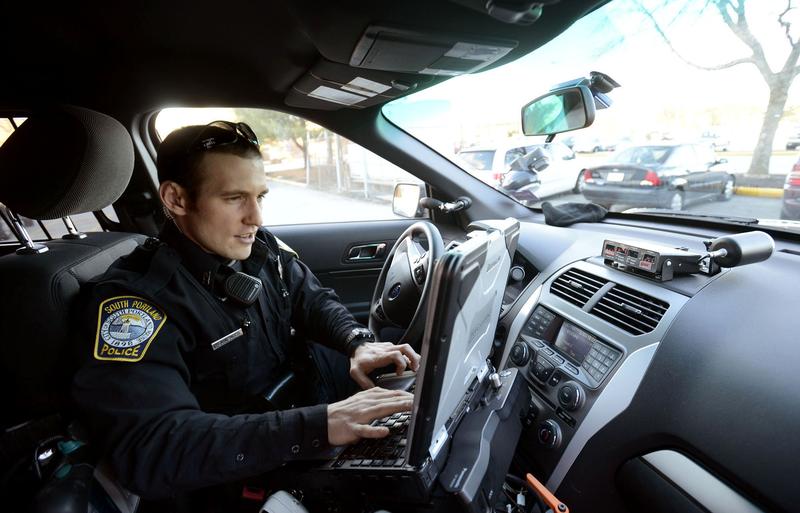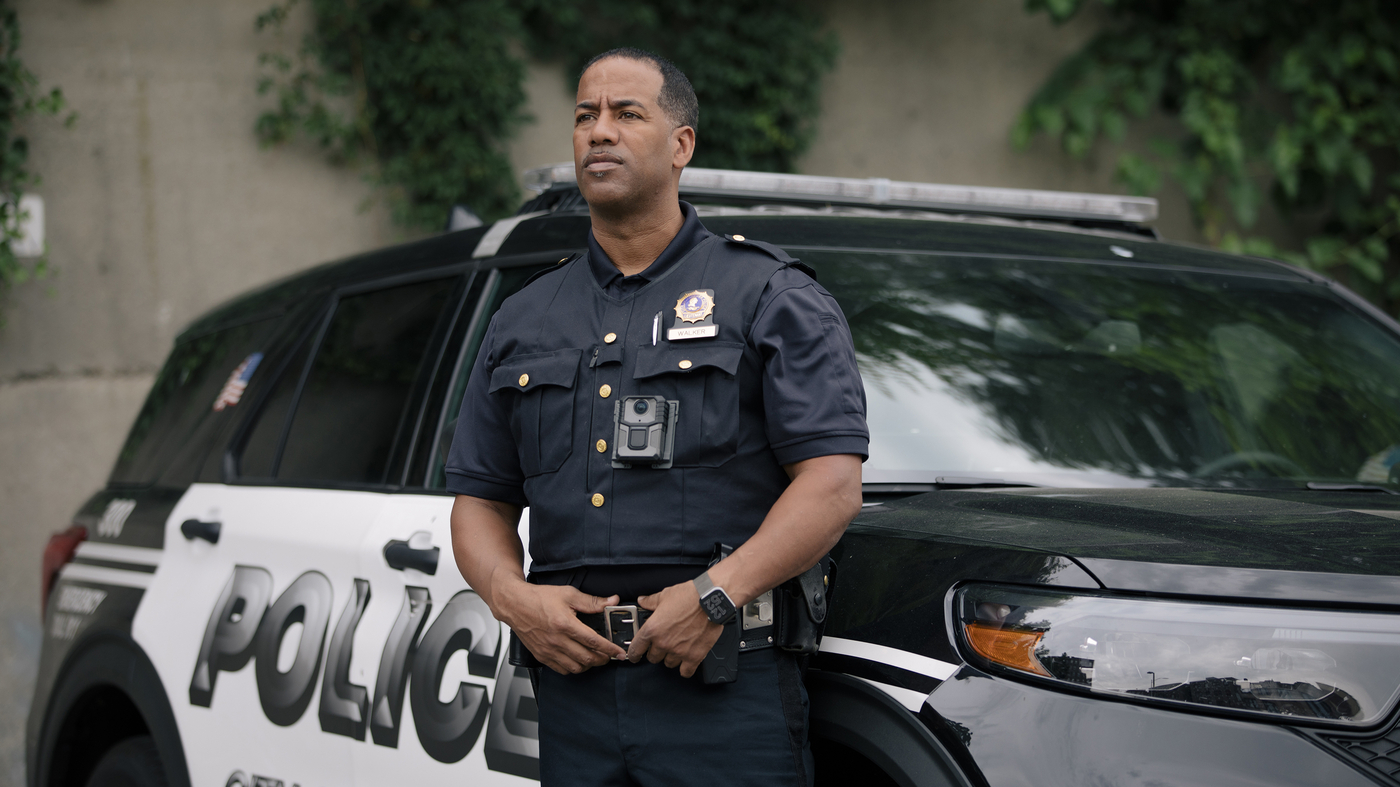It’s discouraged for police to give people sober or drunk a ride home primarily for the officer’s safety. The officers in most states, however, do have the authority to distinguish whether an individual is intoxicated. If that person is deemed so, the officer will make a decision regarding their being a threat to themselves or those around them.
Usually, the person will be put in a safe space to sober up, whether it be a treatment facility, a detox unit, the hospital, or jail, depending on the situation. A primary factor will be the local laws and if public intoxication is considered a “public health issue” or a crime. Much also hinders whether the treatment facility is capable of taking the individual or lacks the space.
An officer is free to use their judgment if you’re deemed safe to be released into the custody of a close friend or loved one or released on your own. In that situation, you will need someone to call to take you home. It’s unlikely the police department will provide that service.
Table of Contents
ToggleCan Police Force You To Go To Jail Or The Hospital If You’re Drunk?

If you’re guilty of public intoxication, a police officer has the authority to place you in “protective custody” if the impairment makes you a threat to yourself or those around you. While in protective custody, the officer decides where you will stay until you sober up, whether in jail or the hospital detox unit.
The local laws will dictate whether the police can do this without an individual’s consent as well as whether the person is capable of making conscious decisions. Let’s look at these situations the police consider when faced with a public intoxication case.
Taking emergency custody
Some states are set up where the police have the authority to place an intoxicated individual guilty of public intoxication in the hospital or a detox center. These situations are generally limited to emergency circumstances where the person has no capacity to make a conscious decision for themselves.
When an officer cannot have a rational conversation with the person, it’s deemed that the individual could be a threat to themselves and those around them. Leaving them in the care of a loved one is not an option in that scenario. The only sound decision is to get the person to a facility with experience in alcohol abuse.
Going into voluntary custody
When an individual is coherent, the person can give the police consent as to where they’re placed to get sober. Not all local jurisdictions have access to detox or treatment facilities for individuals to take advantage of. When they do, many of these places are filled with no walk-in admittance opening.
In this case, the person would need to consent to another option, like going to the hospital if there’s a place for them or taking the night in jail to sober up. With them being incapable of being released on their own recognizance, the choices are limited since the police deem them unfit to go with a loved one at this stage.
Jail could be the only option
When an intoxicated person has full consent but refuses treatment or the hospital but is considered a threat to themselves and those around them, the officer can take the person into custody for public intoxication requiring them to reach a sober state before being released from their own volition.
Jail is always considered the last resort, but it’s the only option in many locations when the person is not safe to go home or with a close friend or loved one. If the person is drunk but not considered dangerous to anyone or themself, the officer should release them to someone responsible or allow them to go on their own recognizances.
When Taken Into Custody, Is This Considered An Arrest
It’s not considered being arrested when someone is taken into protective custody, nor is there a crime charged for the incident. The police will still take precautions to ensure there is no danger for themselves, including frisking for weapons if there is more to the situation than intoxication.
Whatever is found when assessing the situation, including drugs and weapons, will be used aside from public intoxication. That means the person can be arrested for other criminal charges.
When being evaluated for public drunkenness, it’s also essential that you refrain from saying anything that could be incriminating. The suggestion is only to offer identifying information.
Any questions about the situation should be answered with legal counsel present to maintain your right. Stick with your name, date of birth, address, and why you’re there. Any additional details in an attempt to be respectful or helpful are unnecessary and will not benefit you. The officers are merely attempting to build a case.
The best course of action when stopped by a police officer in an intoxicated state is to be cooperative to avoid being perceived as resisting. That can lead to severe consequences. When the officer indicates they will be taking you to jail or a hospital to sober up, you can politely respond by requesting to contact a close friend or relative to take you home.
Ultimately, the decision will lie with the police as to the safest place for you based on your level of intoxication and the local laws.
Conclusion
When you appear in public drunk, a police officer will assess your level of intoxication to decide on the best place for you to go to sober up. The officer could release you on your own recognizance if you’re not a threat to your safety or those around you. At that stage, however, it’s up to you to contact a close friend or relative to take you home.
Officers refrain from bringing citizens to their homes as a personal safety precaution. The police will contact someone for you and let you wait until a ride arrives to take you home, but officers often won’t put themselves in a potentially dangerous situation.

I am a passionate beer connoisseur with a deep appreciation for the art and science of brewing. With years of experience tasting and evaluating various beers, I love to share my opinions and insights with others and I am always eager to engage in lively discussions about my favorite beverage.
















